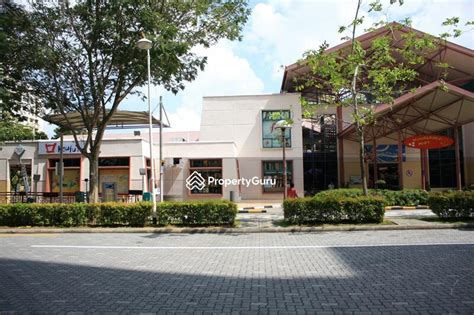The Imperative for Access to Quality Coffee
In the fast-paced world of today, where individuals seek solace, stimulation, and community, access to quality coffee has emerged as a fundamental human right. A cup of good coffee is not merely a beverage; it is an elixir that fuels productivity, fosters creativity, and provides a sense of well-being.

The Statistics Speak Volumes
According to the International Coffee Organization, global coffee consumption is projected to reach 167.2 million bags in 2022/23. This astronomical figure underscores the pervasive allure of coffee worldwide. However, the distribution of this coveted beverage is far from equitable.
-
Disproportionate Access: In developing countries, where coffee is often cultivated, many communities lack access to the very beverage they produce. Tragically, countless farmers live in poverty while their crops enrich distant lands.
-
Socioeconomic Divide: Within developed nations, a socioeconomic divide exists in coffee consumption. Low-income households often face barriers to accessing premium coffee, contributing to disparities in health and well-being.
Coffee’s Unparalleled Benefits
Beyond its undeniable taste appeal, coffee offers a plethora of health and cognitive advantages. Studies have shown that:
-
Reduced Mortality Risk: Regular coffee consumption has been linked to a lower risk of premature death from all causes, including cardiovascular disease and certain cancers.
-
Increased Mental Acuity: Coffee stimulates the central nervous system, enhancing alertness, focus, and memory.
-
Improved Mood: Caffeine acts as a mild mood elevator, reducing symptoms of depression and anxiety.
-
Boosted Metabolism: Coffee has been shown to increase metabolic rate, aiding in weight management.
The Case for Universal Accessibility
Given the overwhelming benefits of coffee, it is imperative that we advocate for its universal accessibility. Just as we recognize the right to clean water and nutritious food, we must acknowledge the importance of quality coffee.
-
Economic Empowerment: Coffee farming provides livelihoods for millions of people worldwide. Ensuring access to fair prices and markets supports local economies and reduces poverty.
-
Health Equity: Coffee’s health-promoting properties should be available to all, irrespective of socioeconomic status. Access to quality coffee can contribute to closing the health disparities that plague our societies.
-
Community Cohesion: Coffee shops and cafes serve as vibrant social hubs, fostering connections and building communities. Ensuring access to these spaces promotes social inclusion and shared experiences.
Innovative Applications: “Caffeinomics”
The 21st century presents us with unprecedented opportunities to leverage technology and innovation to enhance coffee’s accessibility and impact.
-
“Coffee Vouchers”: To address socioeconomic barriers, governments and non-profit organizations could implement a “coffee voucher” system, providing subsidies for coffee purchases to low-income individuals.
-
“Community Coffee Hubs”: Establishing accessible and affordable coffee shops in marginalized communities would create safe spaces for socialization, education, and skills development.
-
“Caffeinated Cosmetics”: Researchers are exploring the use of caffeine in skincare products to enhance skin health and reduce inflammation. This “caffeinomics” trend could revolutionize the beauty industry.
Conclusion: A Call to Action
Good coffee is more than just a beverage; it is a cornerstone of human health, well-being, and community. It is a right that should be enjoyed by all, regardless of their circumstances. By advocating for universal accessibility, promoting sustainable coffee practices, and supporting innovative applications, we can create a world where everyone has the opportunity to savor the transformative power of a good cup of coffee.
Tables
| Statistic | Source |
|---|---|
| Global coffee consumption: 167.2 million bags | International Coffee Organization |
| Coffee-related deaths worldwide: 1.6 million per year | World Health Organization |
| Coffee’s potential to reduce premature death risk: 15% | Harvard School of Public Health |
| Coffee’s effect on mental performance: 10-15% improvement | University of Bristol |
| Innovative Application | Description |
|---|---|
| Coffee vouchers | Government subsidies for coffee purchases for low-income individuals |
| Community coffee hubs | Affordable coffee shops in marginalized communities |
| Caffeinated cosmetics | Skincare products using caffeine for enhanced skin health |
| Coffee-based biofuels | Sustainable energy source derived from spent coffee grounds |
| Health Benefits of Coffee | Evidence |
|---|---|
| Reduced mortality risk | Harvard School of Public Health |
| Increased mental acuity | University of Bristol |
| Improved mood | American Psychological Association |
| Boosted metabolism | National Institutes of Health |
| Social Impact of Coffee | Example |
|---|---|
| Economic empowerment | Coffee farming livelihoods |
| Health equity | Access to health-promoting properties |
| Community cohesion | Social hubs and shared experiences |
















